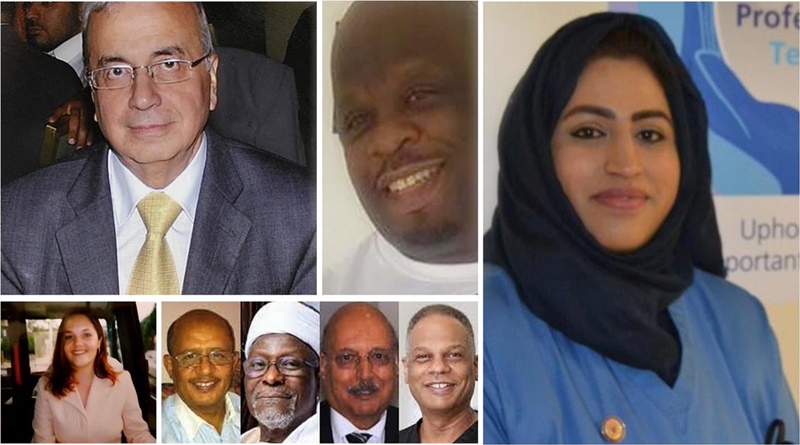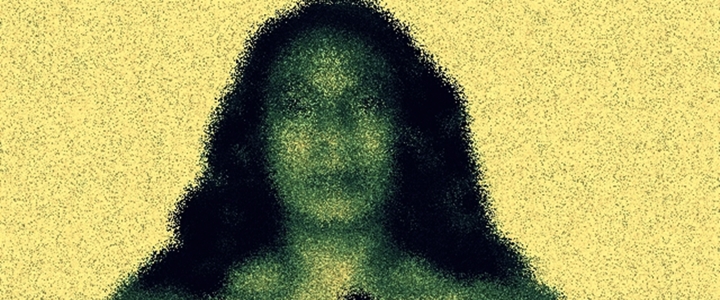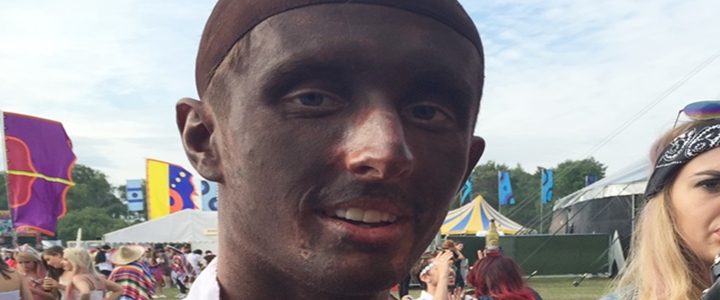For the past couple of weeks I have watched helplessly with increasing sadness as coronavirus has wreaked death and destruction across the globe, crippling economies, accelerating existing racial and class inequalities, disproportionately claiming the lives of the poor and people of colour.
During this time, I’ve been feeling ‘off’ but didn’t attribute the symptoms to Covid-19. After weeks of rain and frost, as spring finally emerged bringing warmer weather, I started walking again three weeks ago. Prior to that I was exercising daily doing a combination of yoga and weight training.
The first sign something wasn’t right was a mildly sore throat with no cough – but it lingered. The next sign was muscle pain in my right arm, sometimes in my wrists and sometimes in my groin area, which I put down to over-doing the weight training or being out of condition.
I was still walking six days a week and I had read that people with Covid-19 are usually very weak. I convinced myself that the intermittent feverishness with my skin feeling very hot to the touch was due to hot flushes, a lingering outcome of a hysterectomy I underwent in 2016.
So I continued with my daily routine in the belief that I was perfectly healthy. I would get up at 6am each morning, do my exercise routine then leave the house around 6.30am for an hour-long walk on a hilly terrain when the streets are deserted and otherwise only leaving the house to shop for essentials once a week.

However, in the last three days I lost my sense of taste and my mouth permanently has the taste you get when you wake up before brushing your teeth. I found myself labouring in my daily walks up and down the hills, increased muscle ache, feeling groggy and although not breathless, a more laboured breathing.
I was worried if I did have Covid-19 I might be unknowingly passing it onto others as the fever got worse, prompting me to ‘report’ to one of my elder sisters, who is self-isolating as a lupus sufferer with Covid-19. She told me I sounded wheezy and urged me to call 111 immediately which I did, and after reporting my symptoms was advised to self-isolate for 7-14 days.
I feel gutted that I can’t go out and will miss my morning walks but realise that my temporary loss of liberty is insignificant compared to what others are having to endure. I am not in severe pain; I still have a garden I can sit in and enjoy the sunshine and I will hopefully recover.
If anything, I feel incredibly guilty as compared to the hardships that others have suffered, I have been relatively privileged, working from home. Whilst I consider myself to be an activist who is part of a wider struggle for racial equity and social justice, the Covid-19 pandemic has illuminated those who have been battling all along in the shadows on the frontline, under-valued, under-paid and ignored.
These are the previously unrecognised ‘heroes’ driving buses, trains, caring for the sick and elderly, propping up the service industries as delivery drivers, retail assistants, hotel workers, postal workers and of course the nurses, doctors, surgeons, and everyone working in hospitals, schools, colleges and universities – the caterers, cleaners, all of them. Many of these roles are disproportionately occupied by people of colour, and they are dying at alarming rates.
All lives are precious and all lives should matter regardless of race, ethnicity and socioeconomic status but it is painfully clear from the data that in the US, people of African American and Hispanic descent are contracting Covid-19 and dying at alarming rates. In the UK it has also been acknowledged that Black and Asian people are at greater risk:
Dr Chaand Nagpaul, chair of the British Medical Association, put it succinctly;
“This is absolutely tragic. In terms of doctors who I represent, it’s extremely concerning that 10 of the 11 doctors are from black and Asian minority backgrounds, almost all of them having come from overseas having given their lives to the health service… There’s also a greater need to protect our BAME doctors. We have higher levels or prevalence of underlying conditions such a diabetes, heart disease and renal disease…
“Not only that, we also know that in terms of the BAME population, they make up about a third of those in intensive care. There’s a disproportionate percentage of BAME people getting ill.”
I feel humbled at the sacrifices that are being made by people who have endured racial disparities their whole lives and who have left this world without seeing measurable progress towards racial equality.
Their loss of life should not be in vain and their legacies must go beyond a temporary appreciation. The economic crisis that will last for years to come, should not heap further inequality on the lives of those who have suffered most during the Covid-19 pandemic – and who have given their lives to save ours.
Leaders of western nations especially in the US and UK, must demonstrate they are fit to lead an era of social transformation and are willing to adopt whatever measures are necessary to achieve equity.
I hope I will make a full recovery from Covid-19 and if I do, I recognise I owe my life and legacy to those who lost theirs, sometimes due to inadequate PPE. Education has an important role to play both in teaching about inequality and in teaching for social change. I pledge to continue my work to honour their sacrifices by incorporating their lived experience into the curriculum.
In the future I hope that exhibitions, memorials, documentaries, films and articles will honour them and remember the underlying inequalities that shaped their fate. Their stories are a tragic part of this historic moment in time and their sacrifices must never be forgotten.
In Memory of Our Fallen Heroes
Donald Suelto, 51, chemotherapy nurse, Hammersmith Hospital
Aimee O-Rourke. Nurse at Queen Mother Hospital, Kent
Areema Nasreen, Nurse at Walsall Manor Hospital
John Alagos, 23, Nurse at Watford General Hospital
Thomas Harvey, Healthcare Assistant
Anton Sebastianpillai, consultant geriatrician
Donna Campbell, Velindre Hospital, Cardiff
Elbert Rico, John Radcliffe Hospital
Mary Agyeiwaa Agyapong, Luton and Dunstable University Hospital
Manjeet Singh Riyat, A&E Consultant, Derby Hospital
Resources
Johns Hopkins University Covid-19 Live World Map
NY Times Covid-19 Live USA Map




Hello Deborah, I have only just seen this post. I sincerely hope you have made a full recovery from COVD-19. I am on your website as I am writing my dissertation for my Nutrition BSc and I have found you to be not only inspirational but also instrumental in the efforts to bring the achievements of black women in academia into view. I was privileged to attend an event you created at Stratford University this time last year and I was physically moved with emotion to be in a room surrounded by my peers who are also my black sisters. You made this possible and the effects of this experience, hearing from other black female academics who shared their experiences and advice has been profound. I am now eagerly writing my paper on exploring the impact of cultural ethnic norms body image and health perceptions on views and practices relating to health messages of British Afro-Caribbean UK populations. Your articles on research methods have been invaluable.
I very much look forward to speaking with you and continuing to be inspired and guided by the direction and influence of greats in academia who are looking behind them and carving a road map for us to follow. My Best wishes. x
Dear Avril, Thank you so much for these kind words – they are profoundly uplifting at this time and help to motivate my recovery and determination to continue my work. I really look forward to meeting you in the future.